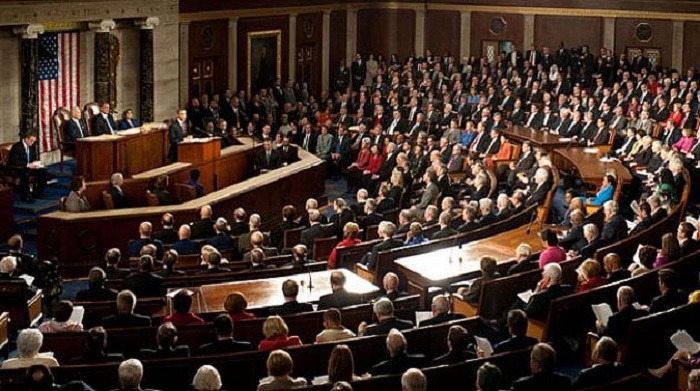Rejection of Nuclear Deal Would Work Against US

Nearly two weeks remain until the deadline for the US Congress to make its decision on the nuclear deal. Thus, speculations about the effect of Congress’ decision and its consequences on the Iran Deal have increased. Despite all efforts made by the Republicans to endorse a resolution that would kill the Iran Deal, the situation in Congress is now in favor of the deal.
It seems that ultimately the US would be the loser, whether Congress agrees with the deal or not.
First, rejecting the deal would show the victory of partisan rivalry over international efforts for peace and security and would in return taint the credit of the US government and political factions in the US.
Second, international consensus over the manner of handling the Iranian nuclear program would collapse. With regards to the continuity of the economic sanctions, in case the deal is rejected in the Congress, the sanctions would not continue anymore due to the collapse of the sanctions regime. As Obama noted in his interview with New York Times columnist Thomas Friedman, it was not only Iran, but also countries that imported Iran’s oil, most importantly China, Japan, India, and South Korea, that were paying the price of the sanctions. For them, maintaining the sanctions meant billions of dollars in losses. Therefore, within this context, they will not permit partisan competition in the US to damage their national interests.
From the political and security perspective, Iran’s position would be bolstered in case the deal is rejected, because Iran was not the party that violated the commitment. Thus, Iran can improve its relations with other parties involved in the negotiations such as Russia, the EU, and China; and also keep its nuclear program.
While the US officials claim that rejection of the deal would increase the possibility of war, Iran’s commitment to the deal would remove any excuse for military invasion and war and the UN Security Council would not permit military intrusion in Iran.
Consequently, it seems that Iran’s position would be bolstered after the deal and the US would not be in a position to threaten the Islamic Republic of Iran through violation of the deal, or with military threats and the continuation of sanctions.
Translated by: Parisa Farhadi

